About Reiki
Priced at $120
1-Hour
All Sessions Are Tailored
What is Reiki?
Reiki is a form of alternative therapy that originated in Japan. Here are the most important key points about Reiki:
1. Energy Healing: Reiki is based on the belief that there is a universal life force energy that flows through all living beings. Practitioners of Reiki use this energy to promote healing and balance in the body, mind, and spirit.
2. Hands-on Healing: During a Reiki session, the practitioner uses their hands to channel the energy into the recipient's body. This can be done by placing the hands directly on the body or by hovering them slightly above.
3. Relaxation and Stress Reduction: Reiki is known for its ability to induce deep relaxation and reduce stress. The gentle touch and energy transfer can help calm the nervous system and promote a sense of peace and well-being.
4. Holistic Approach: Reiki treats the whole person, addressing physical, emotional, mental, and spiritual imbalances. It is believed to work on a deep level to restore harmony and promote overall wellness.
5. Complementary Therapy: Reiki is often used alongside conventional medical treatments to support healing and enhance well-being. It is not a substitute for medical care but can be a valuable addition to a healthcare regimen.
6. Personal Growth and Spiritual Development: Reiki is not only a healing modality but also a spiritual practice. It can help individuals connect with their inner selves, increase self-awareness, and promote personal growth.
7. Non-invasive and Safe: Reiki is a non-invasive therapy that does not involve any manipulation or use of substances. It is considered safe and can be used by people of all ages and conditions.
8. Training and Certification: To become a Reiki practitioner, one must undergo training and receive attunements from a Reiki master. There are different levels of Reiki training, with each level providing a deeper understanding and increased ability to channel the energy.
9. Self-Healing: Reiki can be used for self-healing and self-care. Individuals can learn to practice Reiki on themselves to promote their own well-being and address specific issues or imbalances.
10. Global Recognition: Reiki has gained recognition and acceptance as a complementary therapy in many countries around the world. It is increasingly being integrated into healthcare settings, including hospitals and wellness centers.
Reiki is a personal experience, and the effects can vary from person to person.
